

Rivolta(2017)
Discover the intoxicating world of hacking through the eyes of Michael “Mafiaboy” Calce, who, at 15, was involved in one of the most egregious and widely covered cybercrimes in North America. As hacking becomes more sophisticated and widespread, and information becomes synonymous with profit, can anyone remain immune to a breach of security?
Movie: Rivolta

Rivolta
HomePage
Overview
Discover the intoxicating world of hacking through the eyes of Michael “Mafiaboy” Calce, who, at 15, was involved in one of the most egregious and widely covered cybercrimes in North America. As hacking becomes more sophisticated and widespread, and information becomes synonymous with profit, can anyone remain immune to a breach of security?
Release Date
2017-04-28
Average
0
Rating:
0.0 startsTagline
Genres
Languages:
Keywords
Similar Movies
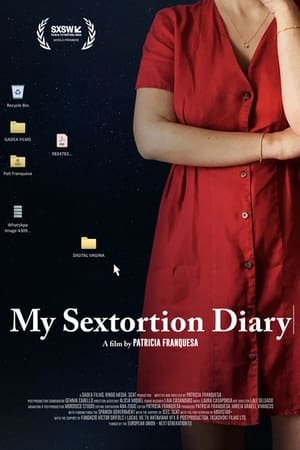 0.0
0.0My Sextortion Diary(ca)
Pati, a young film producer, is fighting to carve out a professional career in the film industry. It is May 2019 when her laptop is stolen during a business trip in Madrid. Two months after, an anonymous Hacker accesses all the stored data in the stolen device and finds three very private photos of Pati. He threatens that if he doesn’t receive $2,400 he will mass-mail the pictures to all her work contacts in order to ruin her professional reputation. The shame, anger and distress caused by the ineffectiveness of the legal forces lead Pati to set out on her own investigation to stop the Hacker and regain control and power over her privacy.
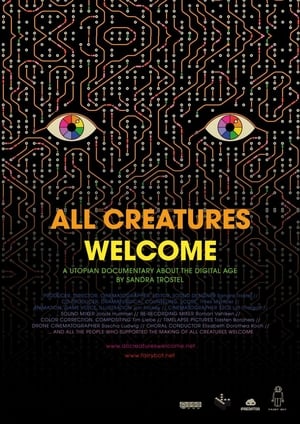 9.0
9.0All Creatures Welcome(de)
All Creatures Welcome explores the world of hackers and nerds at the events of the Chaos Computer Club, Europe's largest hacker association. The film dispels common clichés and draws a utopian picture of a possible society in the digital age.
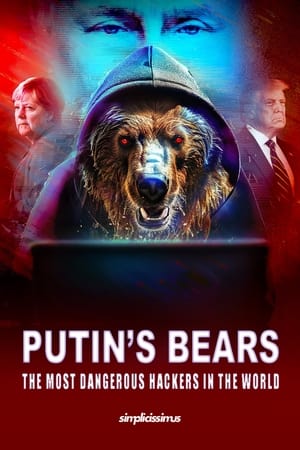 7.1
7.1Putin's Bears - The Most Dangerous Hackers in the World(de)
They call themselves Fancy Bear, Cozy Bear or Voodoo Bear. Elite units of the Russian secret services are hidden behind these code names. They are among the most dangerous hackers in the world. The bears were already in the computer of then-Chancellor Angela Merkel in 2015, interfered in the US election campaign in 2016 and are currently influencing the war in Ukraine. The makers of the successful YouTube channel “Simplicissimus” in co-production with funk and SWR are back and show the destructive potential of state hacking with this documentary. With the help of leading German hackers, cyberspace experts and a lot of humor, they delicately demystify the Russian bears: Who are the people behind them? How do they operate? And what makes them so incredibly dangerous?
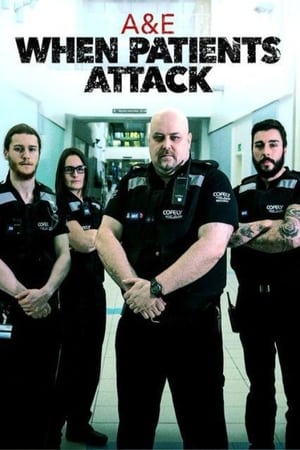 7.0
7.0A & E: When Patients Attack(en)
Hospital staff are reporting more violence and anti-social behaviour than ever before. In 2015, 8 staff were assaulted every hour – a new record high. At The Queen Elizabeth Hospital in Birmingham – one of the UK’s biggest hospitals – they think they have the answer. Here a private security force of 46 uniformed guards, and a sophisticated CCTV system, keep staff and patients safe. A colourful mixture of characters ranging from ex-soldiers, to bouncers, to former elite sportsmen, it’s the security team’s job to keep the hospital running smoothly. With more than 2 million visitors they have to deal with all aspects of crime and anti-social behaviour. All against a back drop of life changing and life saving procedures.
 6.3
6.3Defeating the Hackers(en)
Exploring the murky and fast-paced world of the hackers out to steal money and identities and wreak havoc with people's online lives, and the scientists who are joining forces to help defeat them.
 6.5
6.5The 414s(en)
THE 414s tells the story of the first widely recognized computer hackers, a group of Milwaukee teenagers who gained notoriety in 1983 when they broke into dozens of high-profile computer systems, including the Los Alamos National Laboratory, a classified nuclear weapons research facility.
 7.1
7.1We Are Legion: The Story of the Hacktivists(en)
Takes us inside the world of Anonymous, the radical "hacktivist" collective that has redefined civil disobedience for the digital age. The film explores early hacktivist groups like Cult of the Dead Cow and Electronic Disturbance Theater, then moves to Anonymous' raucous beginnings on the website 4chan. Through interviews with current members, people recently returned from prison or facing trial, writers, academics, activists and major players in various "raids," the documentary traces Anonymous’ evolution from merry pranksters to a full-blown movement with a global reach, the most transformative civil disobedience of our time.
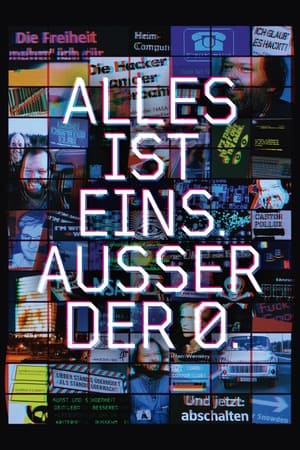 6.8
6.8All Is One. Except 0(de)
In 1981, Wau Holland and other hackers established the Hamburg based Chaos Computer Club (CCC). The idiosyncratic freethinkers were inspired by Californian technology visionaries and committed themselves to hacker ethics. All information must be free. Use public data, protect private data. But not everyone followed the rules. Computer technology was still in its infancy and the emerging Internet became a projection screen for social utopias. What has become of them? The story of the German hackers, told by the protagonists themselves in a montage of found video and audio material.
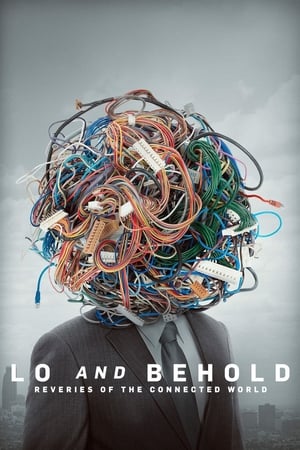 6.6
6.6Lo and Behold: Reveries of the Connected World(en)
Werner Herzog's exploration of the Internet and the connected world.
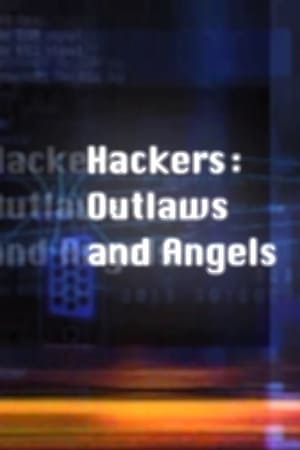 7.8
7.8Hackers: Outlaws and Angels(en)
This program reveals the daily battle between the Internet’s outlaws and the hackers who oppose them by warding off system attacks, training IT professionals and police officers, and watching cyberspace for signs of imminent infowar. Through interviews with frontline personnel from the Department of Defense, NYPD’s computer crime squad, private detective firm Kroll Associates, X-Force Threat Analysis Service, and several notorious crackers, the program provides penetrating insights into the millions of hack attacks that occur annually in the U.S.—including one that affected the phone bills of millions and another that left confidential details of the B-1 stealth bomber in the hands of teenagers. The liabilities of wireless networks, the Code Red worm, and online movie piracy are also discussed. A Discovery Channel Production. (51 minutes)
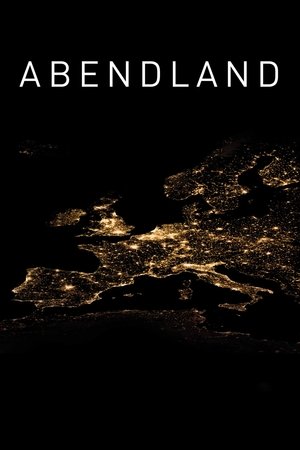 4.7
4.7Abendland(de)
Some things can be seen more clearly at night.. . A film poem about a continent at night, a culture on which the sun’s going down, though it’s hyper alert at the same time, an “Abendland” that, often somewhat self-obsessively, sees itself as the crown of human civilization, while its service economy is undergoing rapid growth in a thoroughly pragmatic way. Nikolaus Geyrhalter takes a look at a paradise with a quite diverse understanding of protection. Night work juxtaposed with oblivious evening digression, birth and death, questions that await answers in the semi-darkness, a Babel of languages, the routine of the daily news, and political negotiation: All this has been captured in images with a wealth of details that make us look at things in a new way. The longer you consider a word, the more distant is its return gaze: ABENDLAND.
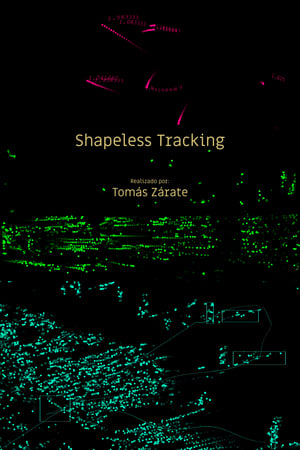 9.0
9.0Shapeless Tracking(es)
Inside a computer a space-time is revealed in which image and sound become numbers and motion manifests as rhythm, flow and chaos. This tracking and integration experiment removes the superficial identity of video to detect kinetic disturbances in everyday environment.
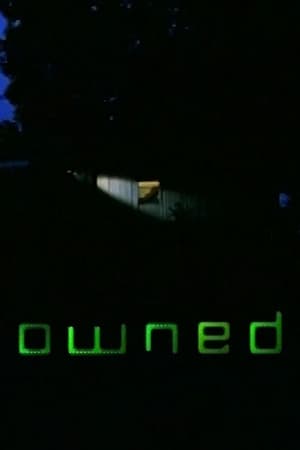 0.0
0.0Owned(en)
OWNED presents the 50 year history of the law-spurning tech tradition of hacking. This vibrant movement gained momentum in the 1960s with Captain Crunch and phone phreaking and now includes annual DefCon hacker conventions in Las Vegas (an amusing highlight of these is the fun game "Spot the Fed"). Kevin Mittnick, dubbed by the New York Times "FBI's Most Wanted Cybercriminal" speaks for the first time about the crimes that lead to his conviction. Misanthropic hacker Fuqrag casually wreaks havoc on government websites from a claustrophobic trailer in an anonymous trailer park.
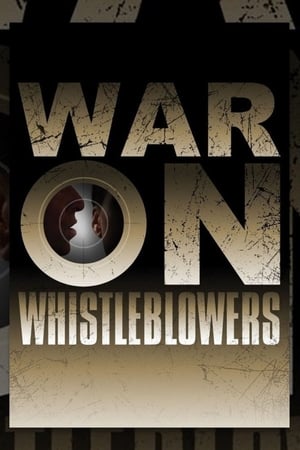 7.8
7.8War on Whistleblowers: Free Press and the National Security State(en)
War on Whistleblowers: Free Press and the National Security State highlights four cases where whistleblowers noticed government wrong-doing and took to the media to expose the fraud and abuse. It exposes the surprisingly worsening and threatening reality for whistleblowers and the press. The film includes interviews with whistleblowers Michael DeKort, Thomas Drake, Franz Gayl and Thomas Tamm and award-winning journalists like David Carr, Lucy Dalglish, Glenn Greenwald, Seymour Hersh, Michael Isikoff, Bill Keller, Eric Lipton, Jane Mayer, Dana Priest, Tom Vanden Brook and Sharon Weinberger.
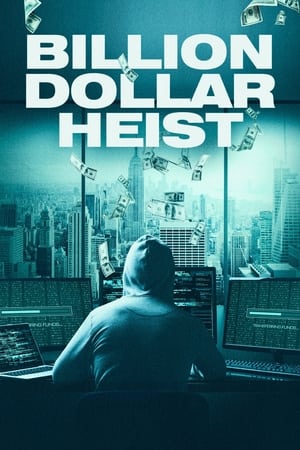 7.6
7.6Billion Dollar Heist(en)
Global, dynamic, and eye-opening, this is story of the most daring cyber heist of all time, the Bangladeshi Central Bank theft, tracing the origins of cyber-crime from basic credit card fraud to the wildly complex criminal organisations in existence today, supported by commentary and fascinating insight from highly regarded cyber security experts.
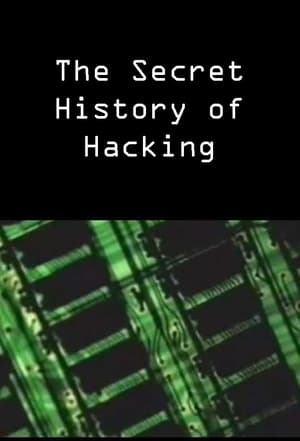 6.8
6.8The Secret History of Hacking(en)
The Secret History of Hacking is a 2001 documentary film that focuses on phreaking, computer hacking and social engineering occurring from the 1970s through to the 1990s. Archive footage concerning the subject matter and (computer generated) graphical imagery specifically created for the film are voiced over with narrative audio commentary, intermixed with commentary from people who in one way or another have been closely involved in these matters.
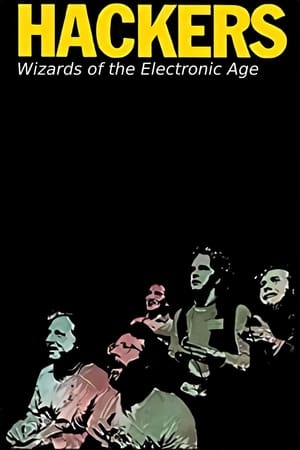 7.0
7.0Hackers: Wizards of the Electronic Age(en)
All interviews in this documentary were shot over a long weekend at a 1984 hacker conference by the Whole Earth Catalog editors Stewart Brand and Kevin Kelley in Sausalito, California. The event itself (the hacker conference) was inspired by Steven Levy's classic book "Hackers - Heroes of the Computer Revolution"
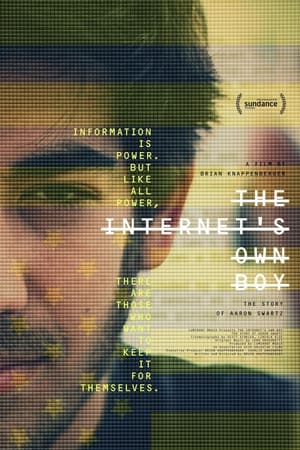 7.9
7.9The Internet's Own Boy: The Story of Aaron Swartz(en)
Programming prodigy and information activist Aaron Swartz achieved groundbreaking work in social justice and political organizing. His passion for open access ensnared him in a legal nightmare that ended with the taking of his own life at the age of 26.
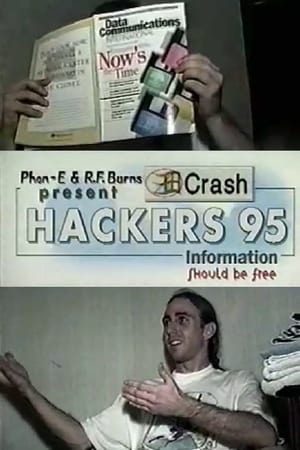 6.8
6.8Hackers 95(en)
Hackers 95 is a 90 minute part documentary, part spoof. Phon-E and R.F. Burns cover the hacker related goings on of 1995. Summer Con 95, DEF CON III, Operation Cyber Snare, Area 51, an interview with Erik Bloodaxe and more are covered. This is what professional video hackers do with their spare time.
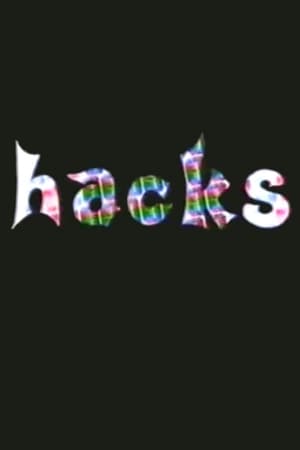 4.8
4.8Hacks(en)
Hacks is a 73 minute European documentary exploring what nature of "Hacking" is in a social context. In HACKS, the Austrian multimedia artist Christine Bader examines who is the computer hacker and what moves him or her. Is the hacker a Robin Hood in cyber space or an anarchistic agitator? Bader speaks with Dutch, German and American communication freaks who are working with various kinds of network issues, like making the Internet accessible to individual persons (Felipe Rodriguez, founder of Internet provider Xs4all), creating a meeting place in cyber space, or designing an ultramodern communication network on a ‘multimedia art ship‘. ‘Hackers are not encumbered by technical, financial or organizational problems, they just want to do things‘, Rodriguez thinks. That the technological means ‘just to do things‘ are now freely available is demonstrated by the numerous computer initiatives that whiz past in HACKS.